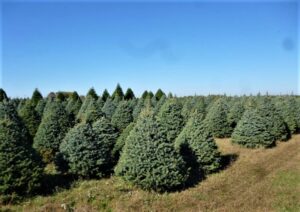Did you know that well trained employees have a higher job satisfaction and feel more valued by their employer? Employees satisfied with job training are more committed to their employers and more willing to accept organization goals and values. This is a key component in creating a food safety culture on your farm. Well trained, committed employees are less likely to look for another job, reducing employee turnover on the farm and the turnover costs associated with having to find new employees.
Growers leave training courses with a lot of information, the majority of which needs to be taught to your employees. You are sent home with food safety educational tools such as handouts, knowledge, and binders, but are not given guidance on how to use these resources to train your employees. This webinar will help.
Join us on Wednesday, April 12, 2023 to talk about tips to train employees at our free lunchtime webinar Retraining and Upskilling Workers on Produce Safety Best Practices from 12 – 1pm Eastern Time.
This webinar will feature Phil Tocco, Extension Educator at Michigan State University Extension.
At the end of the webinar participants will:
- Understand how to verify training is working.
- Discern what training is required for different employees.
- Develop a process for training folks on your farm.
You can register for the webinar at this link: Webinar: Retraining and Upskilling Workers on Produce Safety Best Practices

